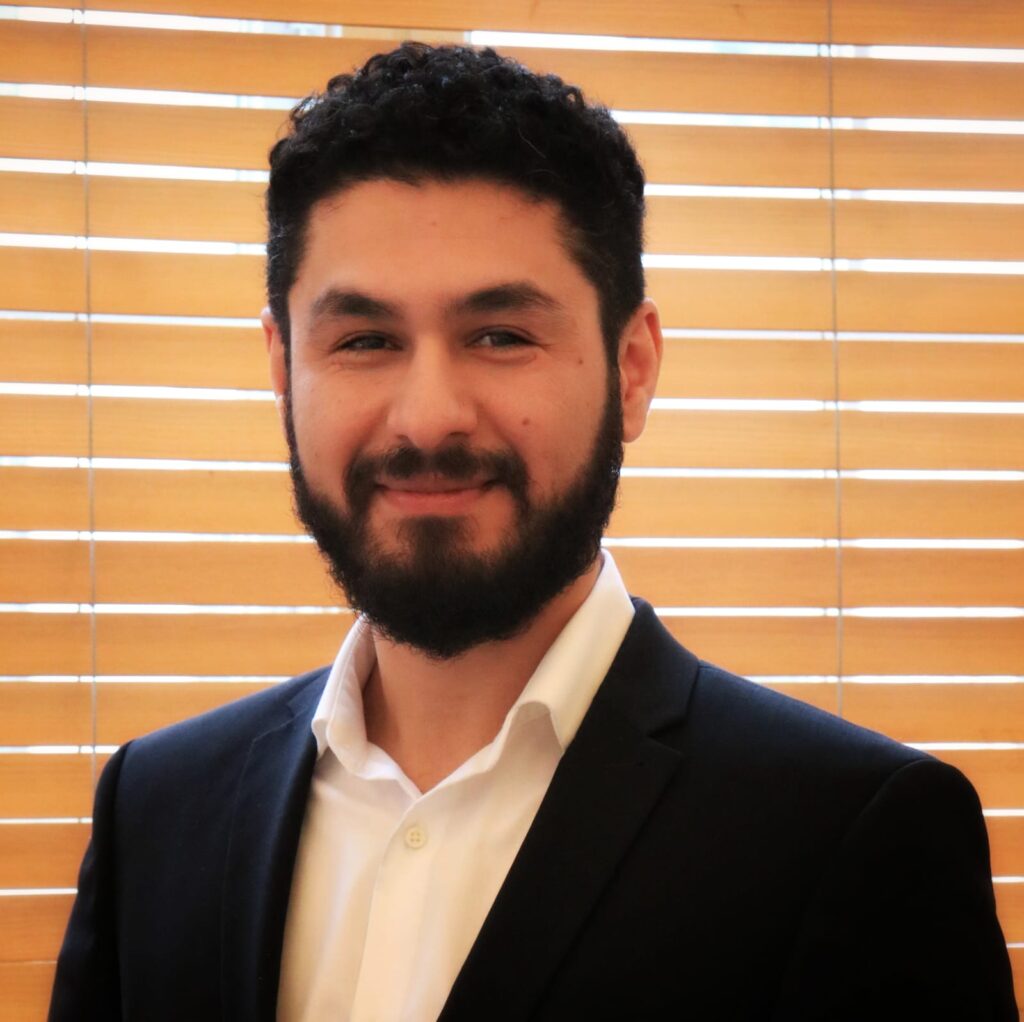Development of guidelines to facilitate Responsive Dialogues to tackle AMR in LMIC settings
Context
The`Responsive Dialogues on Drug Resistant Infections´ approach was developed by Wellcome to support Public Engagement and community leadership. The Responsive Dialogues ‘toolkit’ has been piloted in Thailand and Malawi in the context of Antimicrobial Resistance (AMR) to generate solutions for addressing AMR that are grounded in local realities and embrace ideas and views from the public.
Guided by the Responsive Dialogues toolkit and supported by Wellcome, ICARS is currently partnering with Eden University in Zambia on a project which carries out Responsive Dialogues to identify contextually relevant solutions to mitigate AMR in the context of Urinary Tract Infections (UTI). The project complements another ICARS project that aims to improve antibiotic prescription practices for treating UTIs and blood stream infections in selected Zambian healthcare facilities via an antimicrobial stewardship programme.
The implementation of the Responsive Dialogues in the different geographical and socio-economic settings provided the opportunity to engage diverse communities in understanding AMR as well as the challenges that accompany this task.
“The School of Public Health, University of the Western Cape has since its inception focused on the importance of recognising, profiling and strengthening community capacities and resources and within its purpose has noted that public health policy and practice should be influenced and informed by active communities. We look forward to working in partnership with ICARS and Wellcome to work on these guidelines to further enhance community engagement in tackling AMR, particularly in LMICs”
Dr Hazel Bradley, Team Lead and Co-Principle Investigator
Problem
Lessons learnt from the pilots, and current best practice in community engagement for AMR, public engagement and participatory approaches indicate the importance of scaling up community engagement and the need for a modular toolkit for researchers working in AMR to include communities in their projects. A new project has been launched to incorporate new learnings, and develop a simple set of resources (guidelines and learning module) that is easily accessible for engaging different stakeholders in diverse settings.
“Community engagement is critical for creating a shared understanding of the scale and impact of AMR on our daily lives, and most importantly, co-creating solutions to tackle it together especially in Low and Middle-Income settings where resources are stretched.”
Jyoti Joshi and Katharina Rogalla von Bieberstein, ICARS
Project overview
Drawing on the lessons learnt from Responsive Dialogue pilots in Malawi, Thailand and Zambia, this newly announced project will build on the Responsive Dialogues Toolkit to develop guidelines and complementary training modules for facilitating Responsive Dialogues with diverse stakeholders for addressing AMR. The purpose of the guidelines is to empower interested stakeholders (researchers, civil society groups, educators, public health organisations etc) in undertaking the process. It will lay out the steps for facilitating ‘Conversation Events’ – which are at the core of the Responsive Dialogues approach – clearer, more accessible, streamlined, and relevant to a range of stakeholders in LMIC settings. This project will use participatory and multidisciplinary approaches, drawing on a diverse project team and key stakeholders from health, agriculture, and environment sectors – embracing the One Health spectrum to address AMR priorities.
Outcomes
ICARS intends to use the new guidelines to inform development and where relevant implementation of its projects in LMICs. Facilitating Responsive Dialogues via the guidelines will help to ensure that research projects are tailored to respond to each country’s individual needs and challenges, and that interventions are guided by the problems that countries are committed to solve, rather than using a one-size-fits-all approach.
Results
Following a consultative meeting with representatives of all three Responsive Dialogues pilot projects, modular guidelines titled “Responsive Dialogues for Addressing Antimicrobial Resistance: Modular Guidelines and Tools for Community Engagement” and an introductory video have been developed and are publicly available via the ICARS Knowledge Hub. The Responsive Dialogue approach will be implemented in at least two ICARS projects in 2024/ 2025 and we continue to engage with partners to embed community engagement in ICARS projects.
Facts
Region: Cross-regional
Sector: One Health
Country: Cross-country
Type: Supporting activity
Country partners: The School of Public Health, University of the Western Cape, South Africa
Funding partners: Wellcome
Timescale: February 2023 - December 2023
ICARS funding: 124,437 USD
ICARS Science Team



Resources
Share
Share this project on socials

